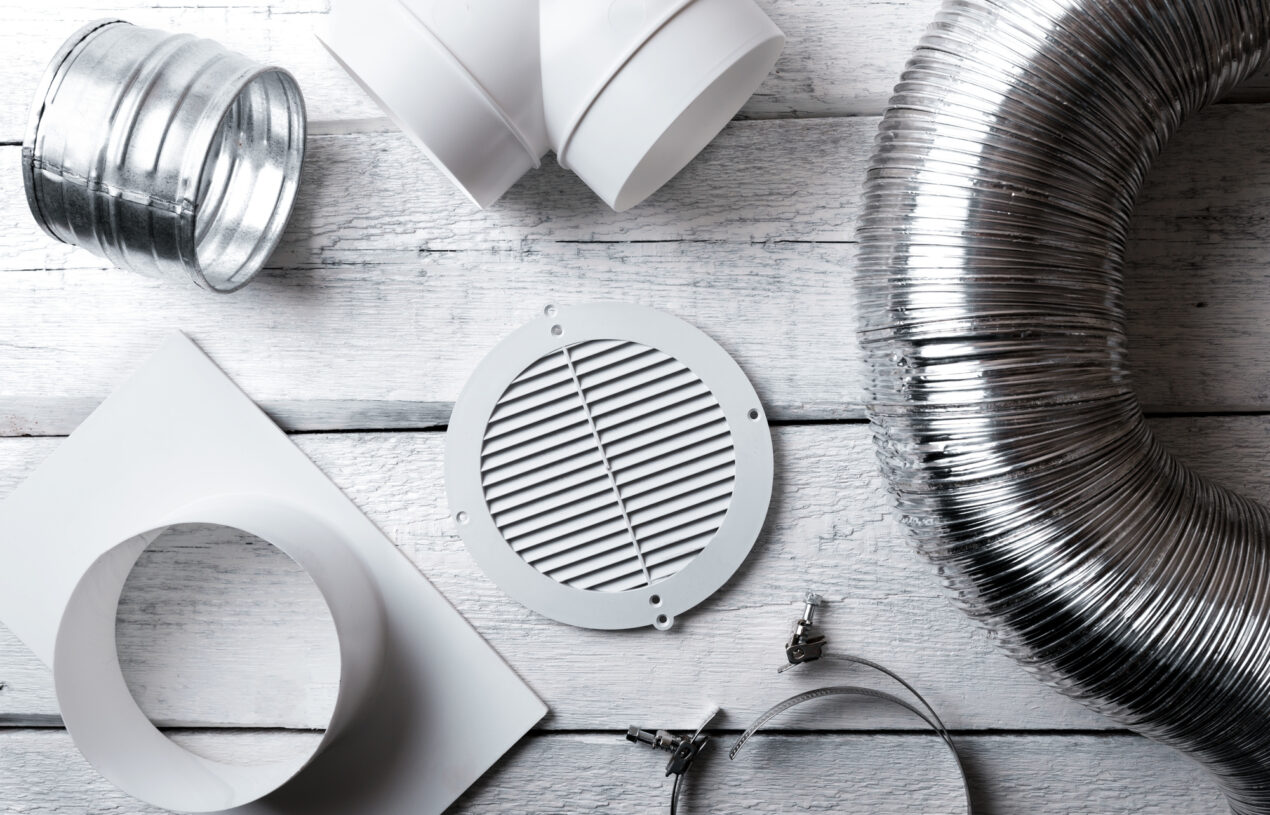Studies show indoor air quality can be up to 2 to 5 times more polluted than the air outdoors. But there is a solution! HVAC systems are designed to improve the health, comfort, and atmosphere of your home.
However, not all home HVAC unit is the same. There are differences between older HVAC systems and new ones. Likewise, types of HVAC systems for an energy-efficient home will respond differently than an HVAC system for a regular home.
In this guide, we’ll give an overview of the most common types of residential HVAC systems to help you choose which is the best fit for your home. Continue reading!
Traditional Split Systems
Traditional Split Systems are the most common HVAC system found in most homes. This type of HVAC system consists of two main components – an outdoor unit and an indoor unit.
The outdoor unit typically contains the compressor, heat exchanger, fan, and condenser. Meanwhile, the indoor unit contains evaporator coils and a fan.
The HVAC installation for this type is easier, requires less space, and is more cost-effective than other systems. Traditional Split Systems are ideal for single-story homes with existing ductwork, as the air passing through the outdoor condenser is pulled directly into the home.
This system is energy efficient and can help adequately in heating a house or cooling the entire interior space of the home.
Ductless Split Systems
Ductless split systems are popular amongst the different types of HVAC systems for residential houses. A ductless split system is composed of one outdoor unit and multiple indoor units.
This makes it a great option for houses that don’t have pre-existing ductwork. You may want to consider this if you want to avoid the hassle and additional cost of installing ducts.
This system uses a compressor located outside of the house to extract heat from the air and pump it indoors through the indoor fan coils. It is perfect for climate control in a one-room studio apartment or for heating and cooling a house with multiple rooms.
Plus, the ductless split system can be controlled with a remote for more convenience.
Hybrid Systems
Hybrid HVAC systems combine the advantages of central air conditioning and heat pump systems. This design creates an efficient, reliable, and cost-effective means of heating and cooling your home. Hybrid systems provide you with the best of both worlds.
They offer the flexibility, efficiency, and comfort of a central air conditioner and the energy savings of a heat pump. Hybrid systems can adjust automatically to changes in the outdoor climate. You always have superior, consistent temperature control and humidity control throughout your home.
The heat pump installation process for hybrid systems can cost higher than the other options. But hybrid systems also tend to last longer than other types of HVAC systems and are much quieter.
Understand the Different Types of HVAC Systems for Your Home
We hope this article has given you a better understanding of the different types of HVAC systems so that you can make an informed decision when deciding what type of system to install in your home. Consider all of the advantages and disadvantages carefully before making your choice.
For more home tips, make sure to stay tuned on our website.

